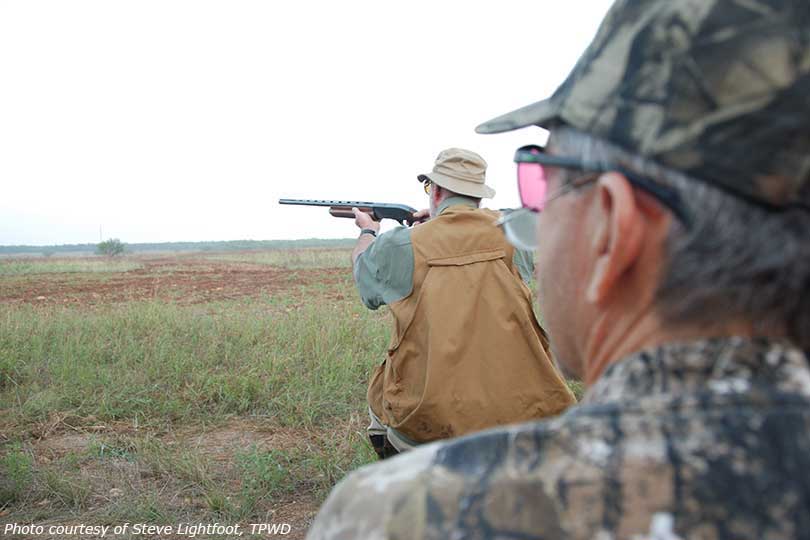By Justin Walker
Communications Specialist
Hunters will likely see lower wildlife numbers this season due to summer drought conditions, according to a Texas A&M AgriLife Extension Service expert.
Deer, quail and turkey populations are likely lower than previous years due in part to fewer forbs and decreased nutritional value in available food choices, Dr. John Tomecek, AgriLife Extension statewide wildlife specialist, said.
“Hunters in areas that experienced drought conditions can expect reduced numbers because of the heat and lack of rain and nutrition on the ground,” Tomecek said in an interview with AgriLife Today. “Young animals will probably be a little poorly going into the season, though recent rains may help them bounce back a little. But generally, hunters aren’t going to see the quality on a region-to-region basis that they might have seen in the last few years.”
While he doesn’t expect major herd declines for deer, hunters will likely see a decrease in antler quality, Tomecek noted.
“Genetics play a role in antler quality, but the vast majority of antler production is nutrition,” he said. “It would take an aggressive supplementation regimen for a deer herd to make a difference because it’s very difficult to replace an entire diet with supplemental feed.”
The Texas Parks and Wildlife Department quail survey hasn’t concluded yet, but long-term studies conducted by AgriLife Extension have indicated quail numbers drop during periods of drought, Tomecek said. Hunters and landowners should remain cognizant of the number of quail they harvest to limit any long-term, damaging effects to the bird population.
“Historically, severe drought conditions can have a sharp effect on quail in the short-term,” Tomecek said. “Quail should have a lot of offspring compared to the number of adults during a typical year. So, hunters should age the birds in hand during hunts. If they see higher numbers of mature birds and not many juvenile birds, they may want to stop hunting for the season to avoid cutting into the brood stock too much.”
Turkey numbers should be down, but the presence of insects will help with flock survival rates, Tomecek said.
“Turkey’s don’t reproduce in high numbers like quail, so hunters might see smaller flocks,” he said. “Hens and younger birds have a more flexible diet and may have zeroed in on insects. We had a decent grasshopper crop this summer, and those birds may have made good use of them.”
Hunters have already experienced a slow dove season, but a cold front could help with migration numbers, Tomecek said.
“I would tell hunters to have their shells and shotguns ready for the first real cold front of the season,” he said. “Landowners who have millet, sorghum or another seed crop would be smart to hold off shredding some until then and cut heavy before the cold front. That might mean birds stay in an area for a day or two if there is extra food on the ground.”

